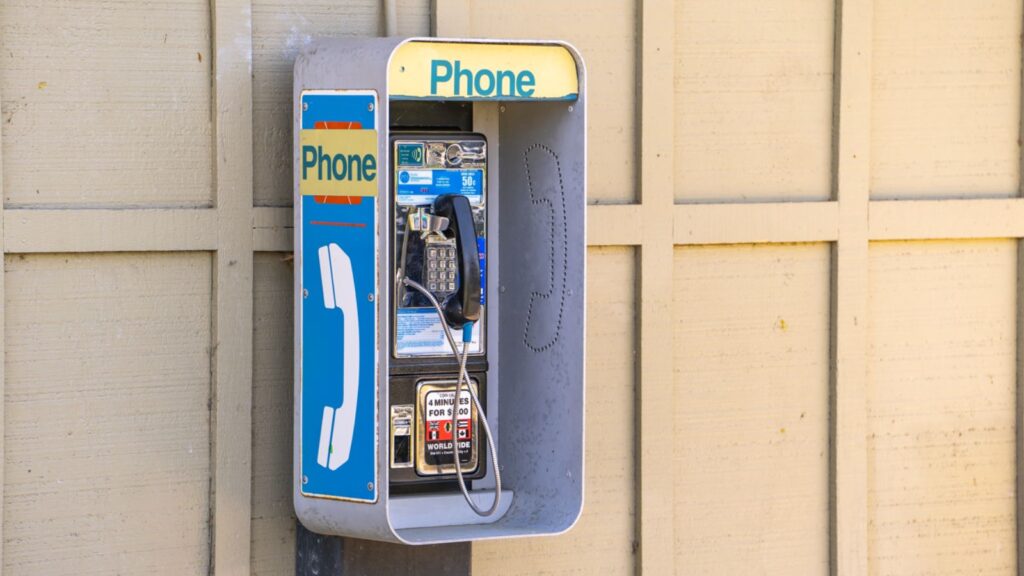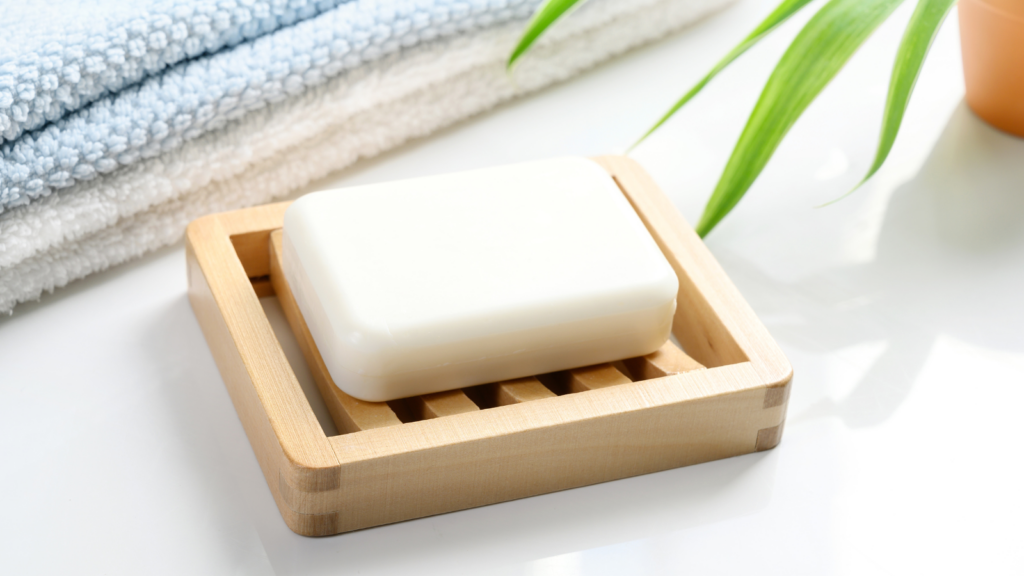Millennials often find themselves under scrutiny from the older generations, accused of ‘killing off’ various industries and traditions. Baby boomers have pointed fingers at this tech-savvy and socially conscious demographic for disrupting long-standing norms. This article explores 19 things that millennials are accused of killing off by the Boomer generation.
Homeownership

According to Fox Business, millennials are less likely to own homes than boomers. This could be due to financial challenges such as student loan debt and stagnant wages the generation faced. Millennials also tend to prefer a lifestyle of flexibility and mobility over settling down.
Traditional Retail Stores

Online shopping and the use of delivery services are common practices among millennials due to their convenience. You can visit a variety of shopping brands and stores from the comfort of your home. It also gives you a chance to compare products and prices.
Payphones

In the boomer generation, payphone use was ubiquitous. Every home and workplace had a payphone as their main form of communication. With the development of smartphones and digital communication, payphones have become obsolete. Millennials rely heavily on mobile devices for communication and internet access.
Diamonds

Precious jewelry like diamonds was a prized possession among baby boomers. As millennials prioritize experiences and sustainability, the diamond industry faces a decline in demand. Diamond mining has also been shown to have a great impact on the environment. Millennials tend to seek alternative gemstones and environmentally friendly options.
Casual Dining Chains

The era of fast-paced lifestyles and health-conscious eating habits has led millennials to favor fast-casual dining options over traditional dining chains. Most individuals opt for food delivery services that provide convenience. With concerns about healthy eating, some people have resorted to making home-cooked meals.
Traditional Advertising

Marketing strategies have adversely changed over time. Consumers resonate with various things, and advertising strategies must be adopted. People are easier to reach via online platforms. Customers also connect more with authenticity. Marketing is now done by influencers, with the use of user-generated content for better effect.
Bar Soap

Liquid soap and body washes have dominated the market among younger generations. They are easier to use without the hustle of rubbing on the bar soap for a lather. They are also easier to carry and store. This caused a decline in the demand and market for bar soap.
Traditional Marriage

Better Help reports that millennials tend more toward modern forms of relationships than traditional marriage structures. Many people cohabit with their partners or have non-monogamous relationships. Millennials also tend to focus on pursuing their careers and looking for financial stability before committing to long-term marriages.
Cable Television

Millennials opt for streaming services like Netflix, Hulu, and Amazon Prime instead of cable TV. These services provide flexibility over scheduled programming. Streaming also allows for binge-watching, which is a common practice among millennials. The services are also available on mobile devices, including computers, tablets, and phones.
Napkins

In their quest for sustainability and practicality, millennials are ditching traditional paper napkins in favor of eco-friendly alternatives like cloth napkins. This reduces waste and provides reusable options that minimize the cutting down of trees for paper. The use of cloth napkins also helps save money.
Department Stores

Increasingly, millennials favor niche boutiques and online marketplaces for their shopping needs over the one-stop-shop model of department stores. Their desire for unique experiences and curated selections drives them away from traditional retail shops. People today are also more inclined to support small businesses over large conglomerates.
Fabric Softener

Baby boomers are known for causing severe damage to the planet. Millennials tend to be more inclined toward the use of eco-friendly products. Fabric softeners have been reported to have an impact on the environment. Many individuals have therefore resorted to the use of multifunctional laundry detergents over specialized products.
Traditional Banking

Saving money was made easier and faster with digital banking. The hustle of making long lines at the bank and carrying cash around is no more. This ensures more safety and convenience, as you do not have to carry lots of cash to and from the bank.
Tipping Culture

Many jobs, especially among disadvantaged communities, relied on tipping. Millennials fight the inequities and inconsistencies of the tipping system and advocate for businesses that prioritize paying employees a living wage. They fight for fair wages and transparent pricing in service industries, challenging the conventional tipping culture.
Traditional News Outlets

With social media and digital platforms offering diverse perspectives and interactive content, millennials increasingly rely less on traditional news outlets. This shift in news consumption habits has led to a decline in print readership and advertising revenue for newspapers and magazines, prompting traditional media to adapt.
Golf

Golf was historically known as a game for old white men to socialize and close business deals. It created a society of discrimination among minority groups. Millennials tend to gravitate more toward sports that are more inclusive and affordable to most demographics.
Traditional Gender Roles

Movements like the feminist movements and the fight for equality challenge societal traditional gender roles. Women were expected to perform house roles as men dominated the workplace. The millennial generation fought against traditional gender roles and stereotypes in favor of more progressive and inclusive perspectives on gender and relationships.
Buffalo Wild Wings

As millennials prioritize healthier dining options and diverse cuisines, traditional sports bar chains like Buffalo Wild Wings struggle to maintain relevance. Declining interest and foot traffic at these establishments reflect changing consumer preferences, as millennials seek alternatives that offer a broader range of culinary choices and dining experiences.
Traditional Wedding Industry

Millennials are prioritizing personalization and authenticity over traditional wedding extravagances. This generation favors intimate and non-traditional venues, as well as DIY approaches to wedding planning, reflecting their desire for meaningful experiences over materialistic displays. As a result, the traditional wedding industry declined with the evolving preferences of millennials.
